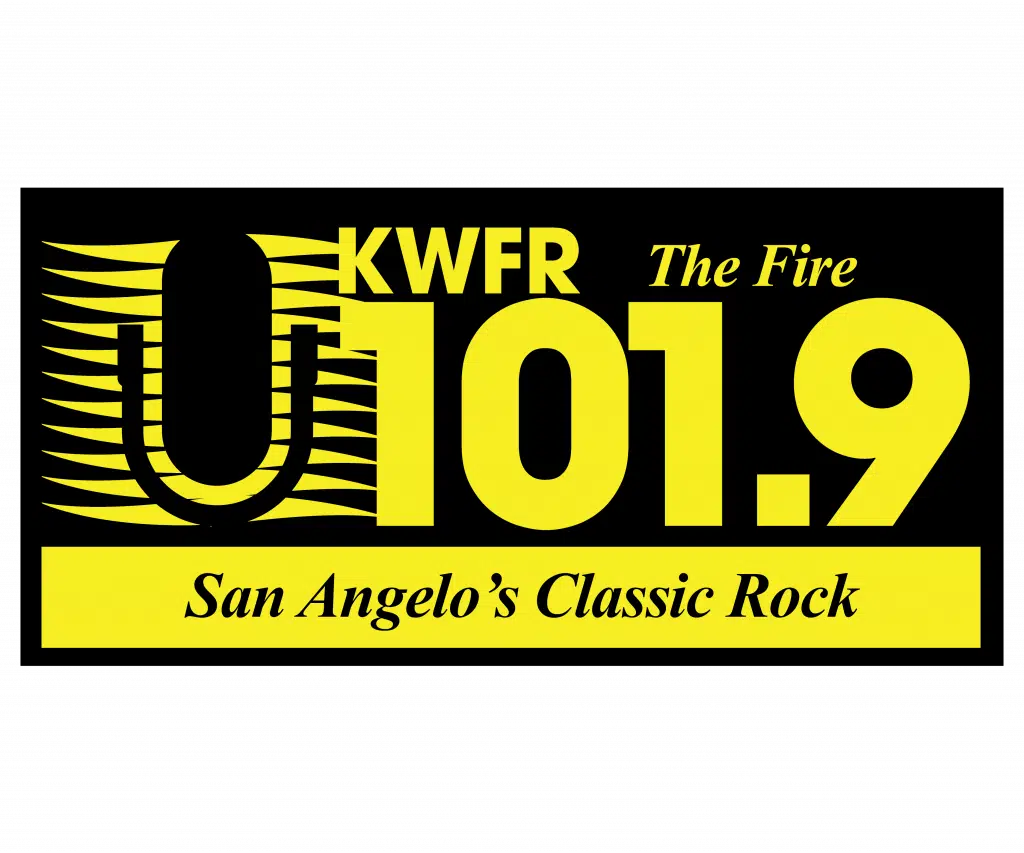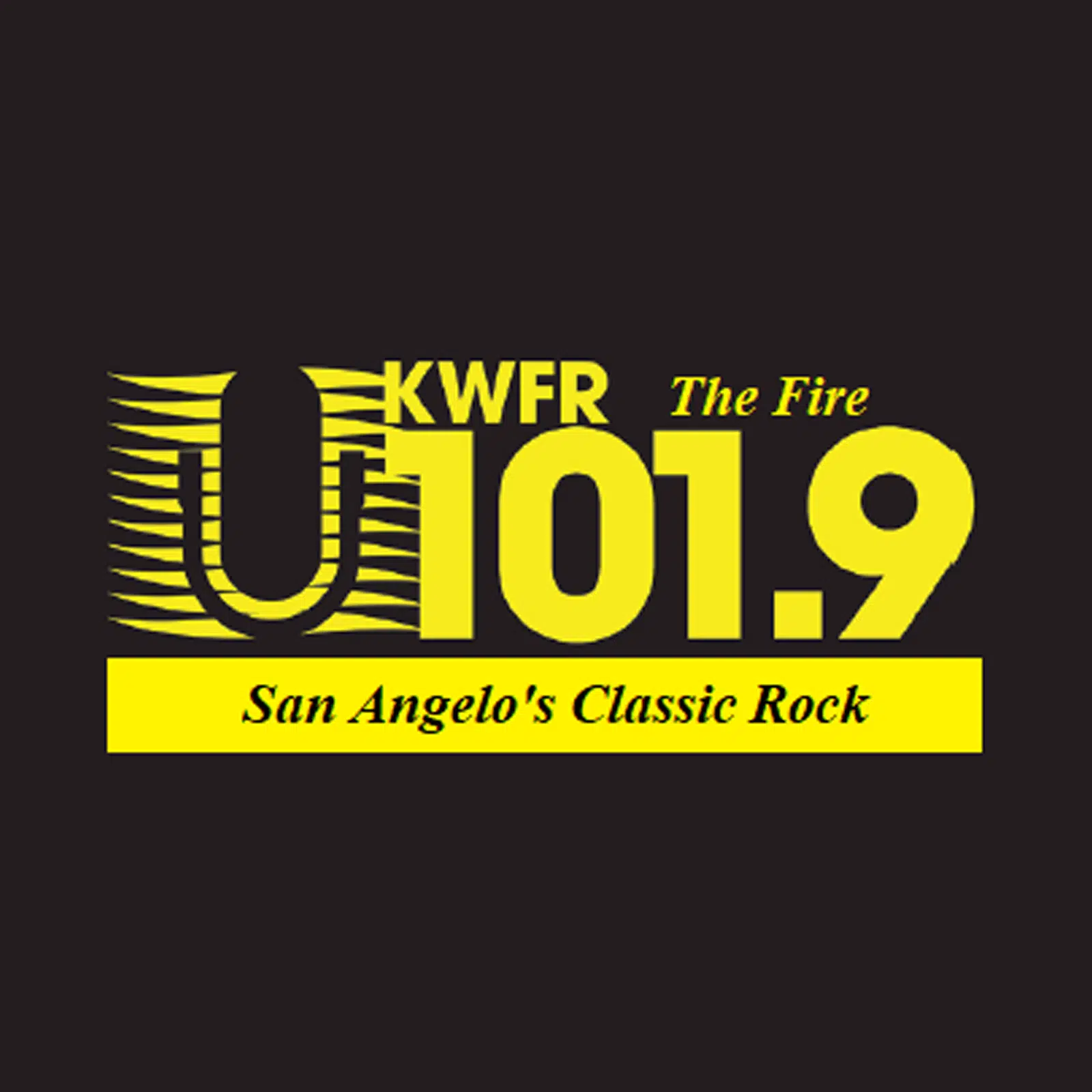Writer: Kerry Livgren
Producer: Jeff Glixman
Recorded: June and July 1977 at Woodland Sound Studios in Nashville, Tennessee, and Studio In The Country in Bogalusa, Louisiana
Released: September 1977 (album), January 1978 (single)
| Players: | Steve Walsh — vocals Robbie Steinhardt — violin, vocals Kerry Livgren — guitar Rich Williams — guitar Phil Ehart — percussion |
| Album: | Point Of Know Return (Kirshner, 1977) |
“Dust In The Wind” followed Kansas's breakthrough hit, “Carry On Wayward Son,” and cemented the group as an arena-level headliner in the late '70s.
The song was Kansas's highest charting single ever, and its only million-seller.
The pressure to follow-up “Carry On Wayward Son” and the successful Leftoverture album was so great that singer-keyboardist Steve Walsh briefly left Kansas during the sessions for Point Of Know Return. “It was me trying to take control of things and make it all work, and other people questioning my decisions,” Walsh says. “I made a lot of enemies, and they were all my friends before the album started. I was a little bit of a prima donna. I quit the band for three days and then I just said, 'What the hell is going on? I don't know if I even wanna go out by myself.'”
A soft, acoustic piece, “Dust In The Wind” was a striking change of pace from the bombast of previous Kansas singles such as “Carry On Wayward Son” and “Point Of Know Return.”
Drummer Phil Ehart says, “Kansas had never done an all-acoustic song. That was a real risk for us. It was an all-acoustic song that was kind of depressing. 'All we are is dust in the wind'–hey, there's a good thought to start the morning with.”
Guitarist Kerry Livgren says the lyrics were inspired by Native American poetry, which, at his wife's suggestion, he put atop a finger-picking exercise.
Livgren says the group almost didn't put the song on the album: “I thought it was so out of character for Kansas. But the other guys wanted to do it because they thought it was different and it had a good melody.” He adds, “I thought the song was somewhat bleak and depressing, which it really is in the philosophy behind it, but that was what I felt at the time. And obviously, it's something a lot of people identified with.”
Livgren explains that making that connection, lyrically, was important for the band–“The kids thought there were some answers to questions that they were searching for in our lyrics. There was a mystical quality about the music that made them feel like they were in contact with something other than everyday experience. And that isn't really true, because I didn't, at the time that I wrote all those lyrics, feel like I had any answers. I was only expressing my own searching for something.”
The Point Of Know Return album was certified gold less than a month after its release and platinum within three months.
The album peaked at Number Four on the Billboard 200.
The album's striking title was a combination of ideas by Ehart and manager Bud Carr. Livgren recalls, “It's a play on words which is designed to make people look twice at the title. If it just said Point Of No Return, that strikes a particular image in everybody's mind, where everyone would think pretty much the same thing about it. You stick in the 'k,' and everybody really starts to wonder.”







